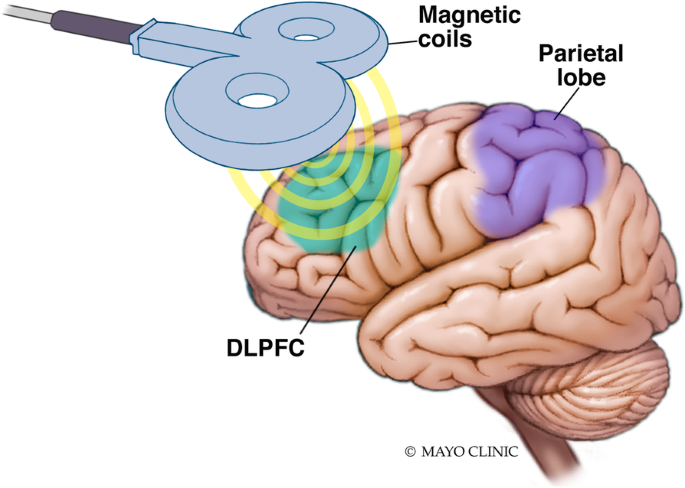

Reviews on Amazon, one of the best selling in category Coffee Makers. “Our scientific journals mostly proceed from the premise that the mental organ is a disembodied, placeless, asocial entity, a ‘brain in a vat,’ ” she complains at the beginning. Brainscapes spaced repetition system is proven to DOUBLE learning results Find, make, and study flashcards online or in our mobile app. With the Oxo Barista Brain 9-cup (SCAA certified brewer) you can wake up with a. Click on the tags below to find other quizzes on the same subject.
#Review of thebrain 9 download
There is a printable worksheet available for download here so you can take the quiz with pen and paper. In her book “The Extended Mind,” science writer Annie Murphy Paul takes on each in turn. This is an online quiz called Label Parts of the Brain. Apps that claim to exercise your brain are all the rage, but which is best Sarah Mitroff. Sure, the brain sits isolated in a skull, but it feeds on interaction with the outside world.Ĭognitive scientists have since explored the philosophers’ question in several related fields, including embodied, situated and distributed cognition-respectively, how thought is shaped by bodily experience, physical environments and social exchange. Elevate: Battle of the brain-training apps. The vagus nerve represents the main component of the parasympathetic nervous system, which oversees a vast array of crucial bodily functions, including control of mood, immune response, digestion, and heart rate.

The self is permeable no mind is an island. In this article I will review the story and comment on the status of the quest: replicating the human brain in synthetic systems. Figure 9: A simple model for go reaction times. The IEEE Spectrum this month has a story on synthetic brains.
#Review of thebrain 9 update
We live and work and learn in crowds-online or off. update our 1990 Annual Review of Neuroscience article, The Attention System of the Human Brain. In 1998 philosophers Andy Clark and David Chalmers published an article titled “The Extended Mind,” in which they wondered, “Where does the mind stop and the rest of the world begin?” Human beings have long relied on technology-print or digital-to remember things and play with ideas.


 0 kommentar(er)
0 kommentar(er)
